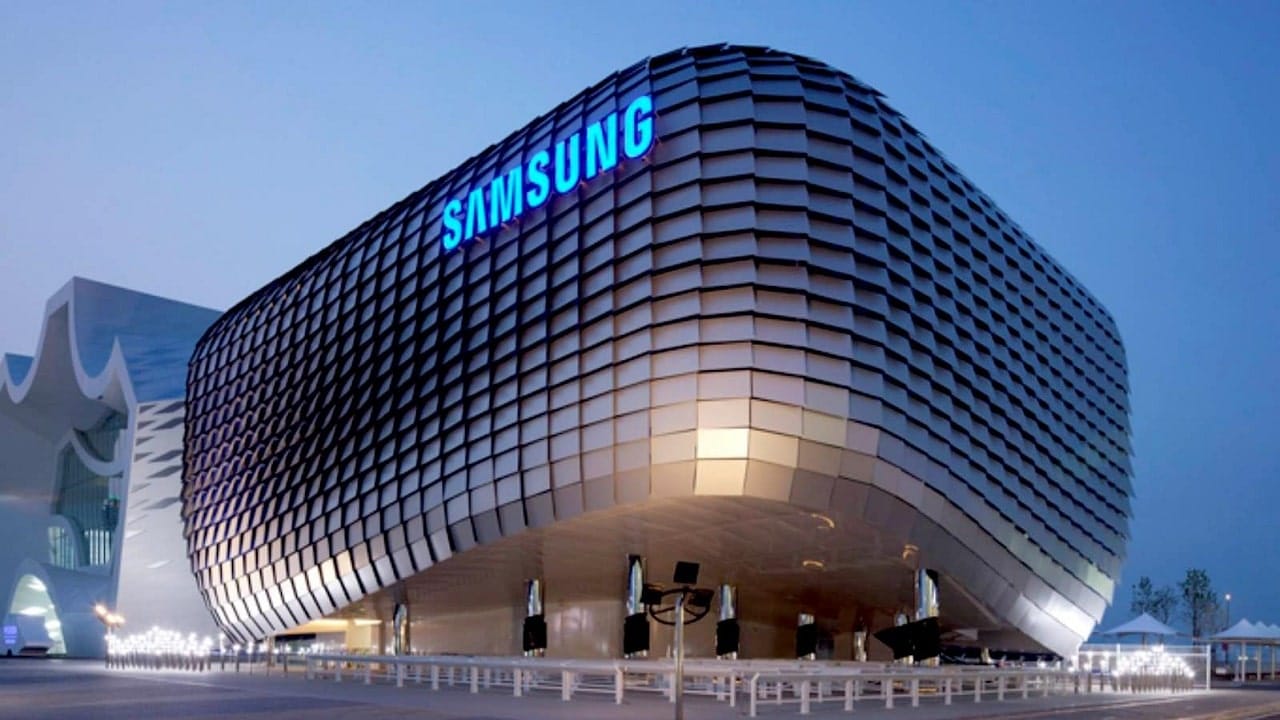Impossible to deny that Samsung has always been at the forefront of the technological innovation sector. And now the Korean giant is making his commitment, revealing himself the first company in the world to prove an in-memory processing process running on MRAM. In devices such as smartphones and computers, in general, most of the processes are performed by the processing chip. And the memory is meant to store data so that the processor can access it quickly. Yet, an efficient and practical in-memory processing solution has been working for years. And now Samsung finally seems to have achieved excellent results in this regard. Thanks to first prototype of MRAM in-memory processing.
Samsung presents the first prototype of MRAM
Most of the devices we interact with on a daily basis, especially smartphones and computers, they work with DRAM – Dynamic Random Access Memory – as main memory. This type of memory is dynamic and volatile, which means that it only stores information as long as the device is powered on, and must be constantly updated or overwritten to retain that data. There MRAMinstead, it is something totally different. In fact, magnetoresistive random access memory is a type of non-volatile memory, which means that it can retain bits of data even without the passage of electric current. If you’re wondering how that’s possible, here’s the answer: It stores memory on magnetic charges, rather than electrical charges like standard RAM.
In any case, the advantage of MRAM is the extremely low energy consumption. Although it is more hostile to in-memory processing than DRAM, due to its low resistance. Despite this, it allows a considerable saving time and energy. On the other hand, it is clear that a system that performs at least part of its calculation inside the memory ends up saving all those milliseconds spent so that those data are requested by the processor, travel towards it and then be processed there. In short, a memory that boasts considerable merits, and that now Samsung has finally managed to develop.
Indeed, the tech giant believes its MRAM will be particularly useful in processing activities for Artificial Intelligence. In this regard, the company has shown that its in-memory processing produced a 93% success rate in identifying specific faces in images, and 98% accuracy in its ability to recognize handwritten numbers. . On the other hand, Samsung was the first company in the world to present an MRAM, but it does not seem to be satisfied with this record. The company hopes this novelty will increase energy efficiency in AI chips. And then research will guarantee us great progress.















Leave a Reply
View Comments